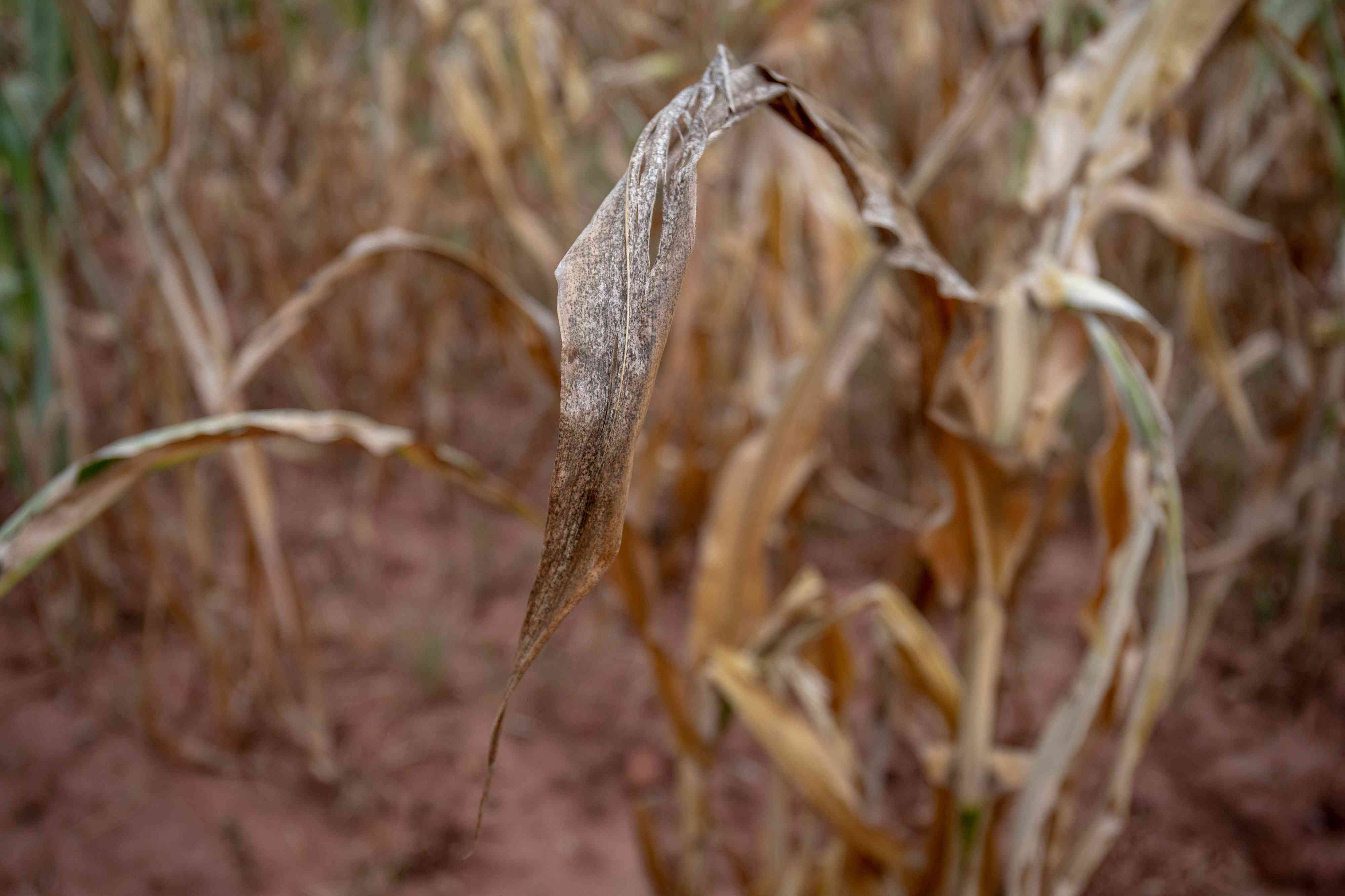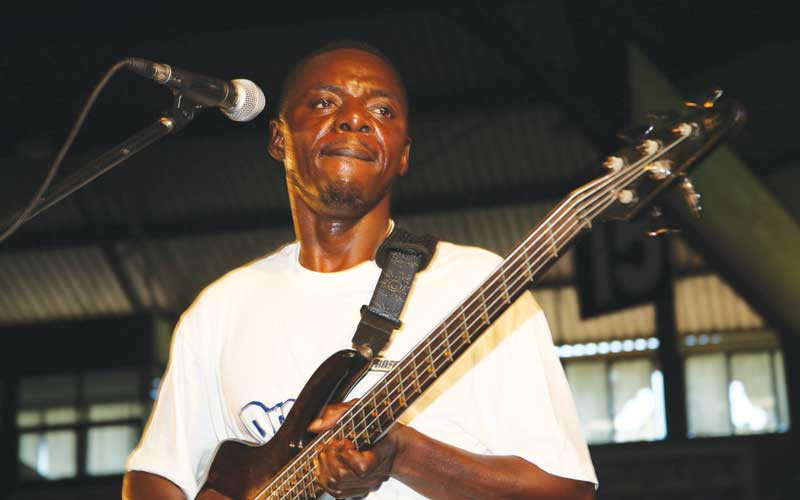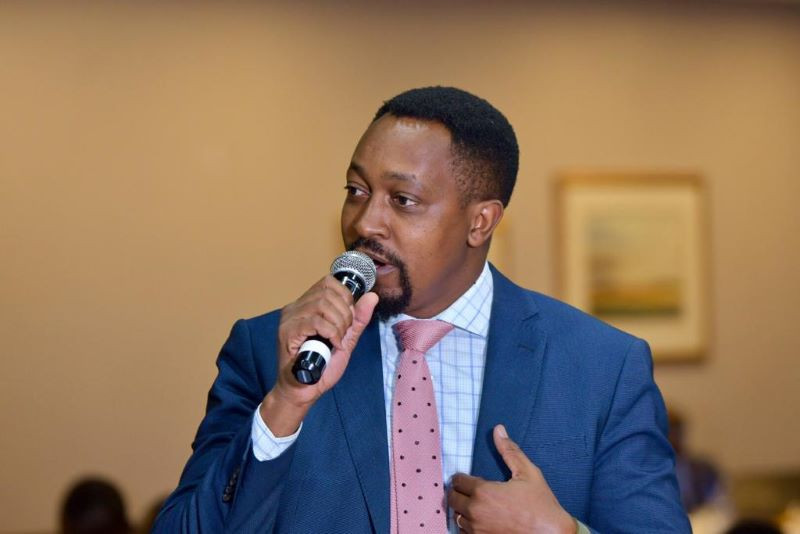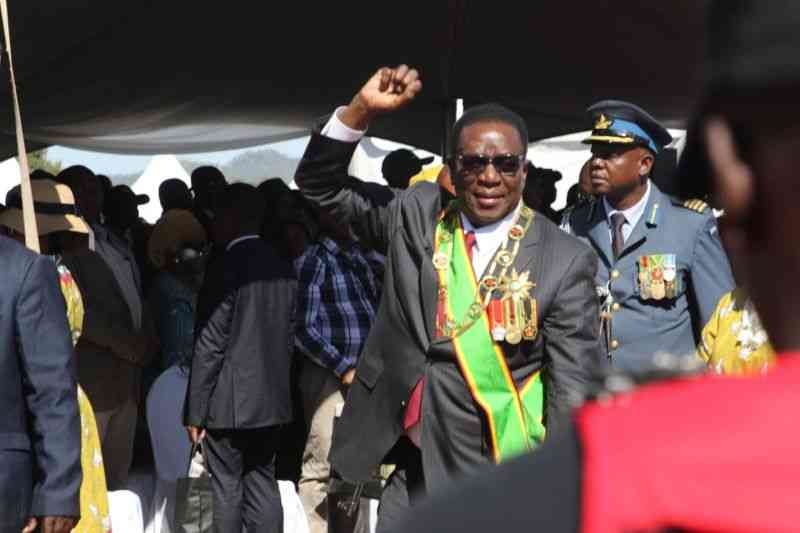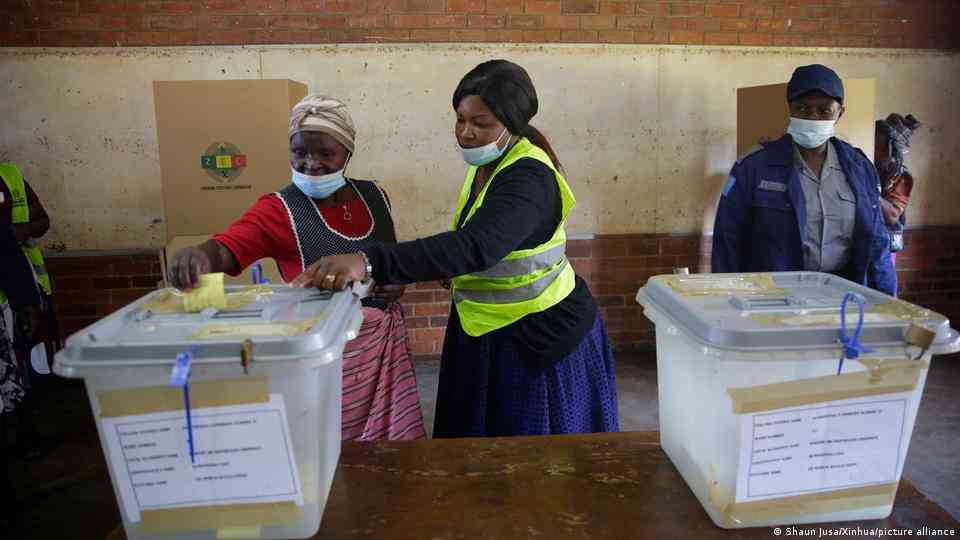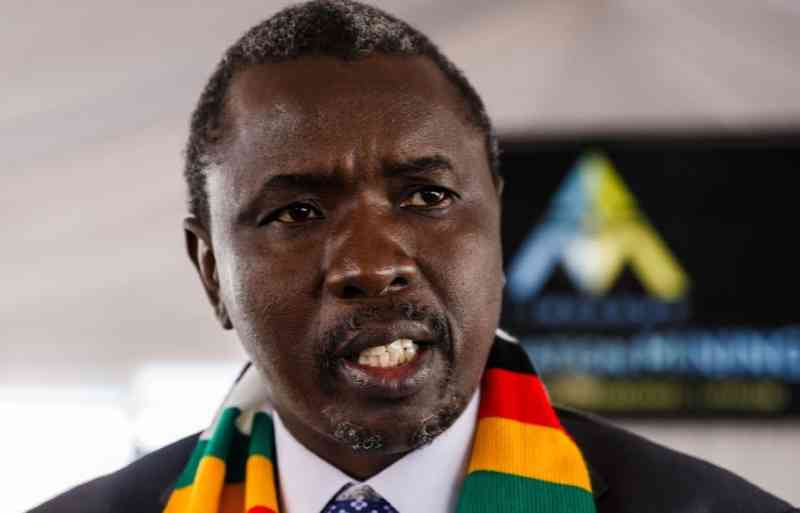
THE curtain is coming down on the year 2022 and it was a fast-paced year of riveting political intrigue, unprecedented economic turbulences and spellbinding drama that could inspire A-list Hollywood film directors to weave a blockbuster of a movie.
This year was marked by a cocktail of the good, bad and the ugly. The Zimbabwe Independent reflects on the landmark events that dominated headlines in 2022.
The good
July: Zimbabwe’s Moot Court Team, comprised of students drawn from Dominican Convent, Peter House, Arundel and Midlands Christian College scooped the prestigious debating prize in the final of the European Moot Court Championships held in Romania. For its glorious exploits, the Ruvimbo Simbi captained team received a US$30 000 cash boost from the government.
October: For a nation starved of sporting glory largely resulting from gross mismanagement and incompetence, Zimbabwe’s senior cricket team, known as the Chevrons stormed into the Super 12 for the first time at the International Cricket Council (ICC) T20 World Cup hosted by Australia. Captained by Craig Ervine, the Chevrons eased past Scotland by five wickets in a thrilling Group B match that also comprised Ireland and West Indies. Zimbabwe’s fairy tale and historic campaign at the T20 World Cup came to an end after they lost to India and Netherlands in a group that also had Pakistan. In the final, England beat Pakistan by five wickets to win their second ICC Men's T20 World Cup title.
November: After decades of languishing in international isolation sparked by former President Robert Mugabe’s disregard for human rights and the rule of law, Zimbabwe made bold steps towards being readmitted into the Commonwealth after withdrawing its membership 19 years ago.
With President Emmerson Mnangagwa seeking to end Zimbabwe’s pariah status through his re-engagement policy, particularly with the West, the southern African country applied to re-join the group in 2019, a year after Mugabe was toppled from power through a military coup.
In November:Visiting Commonwealth assistant secretary Luis Franschesci made glowing remarks on Zimbabwe’s spirited bid to re-join the club underscoring that the 56-member stood “together with Zimbabwe to come back home.”
- Building narratives: Think Afrika: Driving digital storytelling for social change
- Zim needs a new system of governance
- Illegal smuggling of US-made weapons from Afghanistan to Pakistan and its trade: a thriving business in Pakistan
- Dynamite comes in small packages in Pastor Chirinda
Keep Reading
December: Zimbabwe participated for the first time at the United States Africa summit after being offered a ministerial invitation earlier in September. Reeling under US sanctions imposed in 2003 over a bad human rights record and rampant public corruption, Zimbabwe was represented at the summit by Foreign Affairs and International Trade minister Fredrick Shava where the US extends a US$55 billion bailout package to African leaders.
Harare’s symbolic invitation by the US has generated interest that Mnangagwa’s re-engagement drive primarily meant to mend frosty relations with the West is now bearing fruit. However, the US during the same month further designated additional Zimbabweans including Mnangagwa’s son Emmerson Junior, Sandra Mpunga, Obey Chimuka and Nqobile Magwizi for their ties with businessman Kudakwashe Tagwirei, who was slapped with sanctions in 2020. Mpunga is Tagwirei’s wife.
The bad
July: In a policy move meant to curtail speculative borrowing the Reserve Bank of Zimbabwe (RBZ) in June hiked interests by 200% sparking criticism from market watchers. As a result of the increase in interest rates, some businesses suspended all credit sales in Zimbabwean dollars to stay afloat.
December: The Zambezi River Authority (ZRA) announced that the Zimbabwe Power Company (ZPC) could no longer generate power at Lake Kariba due to low water levels resulting in prolonged load-shedding lasting between 18 and 20 hours daily. The acute power shortages have sparked fears that thousands of workers will be laid off as companies struggle to contain the high costs of diesel-powered generators and solar systems.
December: Sanctioning of Mnangagwa allies
Already reeling under US sanctions, the super power’s Treasury Department added four Zimbabweans, including President Mnangagwa's son, Emmerson Dambudzo Mnangagwa Junior, to the sanctions list for his alleged role in representing his father's business interests related to (the Office of Foreign Assets Control) Ofac-sanctioned Zimbabwean Kudakwashe Tagwirei, and his company, Sakunda Holdings.
Other Zimbabweans who were also placed on sanctions include Sandra Mpunga, wife of Tagwirei, Nqobile Magwizi, Obey Chimuka and his companies, Fossil Contracting, and Fossil Agro. The actions by Washington against Harare’s key Politically Exposed Persons (Peps) dashed hopes that the two countries were on a firm path to mend fractured relations through Mnangagwa’s re-engagement drive.
The ugly
March: With Zimbabwe’s men’s senior football team affectionately known as the Warriors struggling to make a mark in major international football due to a plethora of challenges, the Fédération Internationale de Football Association (Fifa) suspended the southern African country. The suspension was triggered by the move by the Sports and Recreation Committee (SRC) to suspend the Felton Kamambo-led Zimbabwe Football Association (Zifa) board in November last year.
Zimbabwe’s ban will only be lifted after the Zifa board led by Kamambo is reinstated.
With the ban, Zimbabwe cannot participate in any Fifa-sanctioned football activities and will lose its rights to grants. This means that the Warriors will not be part of the draw for the Afcon 2023 qualifiers, among other losses.
June: In a horrifying scene that stirred the collective conscience of the nation, Zimbabweans in June learnt of the gruesome murder of Citizens Coalition for Change (CCC) activist Moreblessing Ali by a suspected Zanu PF member Pius, alias Jamba, Mukandi. Before the discovery of her decomposing body buried in a shallow grave in Chitungwiza, Ali had been reported missing for over two weeks.
The suspected murderer was subsequently arrested, amid violent clashes between members of CCC and Zanu PF, which were contained after the deployment of the Police in the area.
In the aftermath of the violence that flared up at Ali’s funeral wake, CCC deputy chairperson and Zengeza West legislator Job Sikhala was arrested on charges of inciting violence. Sikhala, who has been in remand prison for the past six months has repeatedly been denied bail.
November: For a nation’s citizenry contending with widespread poverty, unemployment and three-digit inflation now hovering over 250%, restoration of the 2% Intermediated Money Transfer Tax (IMTT) by Finance minister Mthuli Ncube during the presentation of the 2023 national budget condemned the southern African country to a gloomy festive season. The tax, introduced four years ago was primarily meant to boost revenue inflows in the face of an intractable economic crisis by drafting the informal sector in the tax regime.

